A Maestro’s Legacy: Plácido Domingo on Operalia’s Debut in India and His Storied Career
In an exclusive interview, Plácido Domingo reflects on his journey as an opera icon, his passion for nurturing young talent through Operalia, and the significance of bringing the prestigious competition to Mumbai.
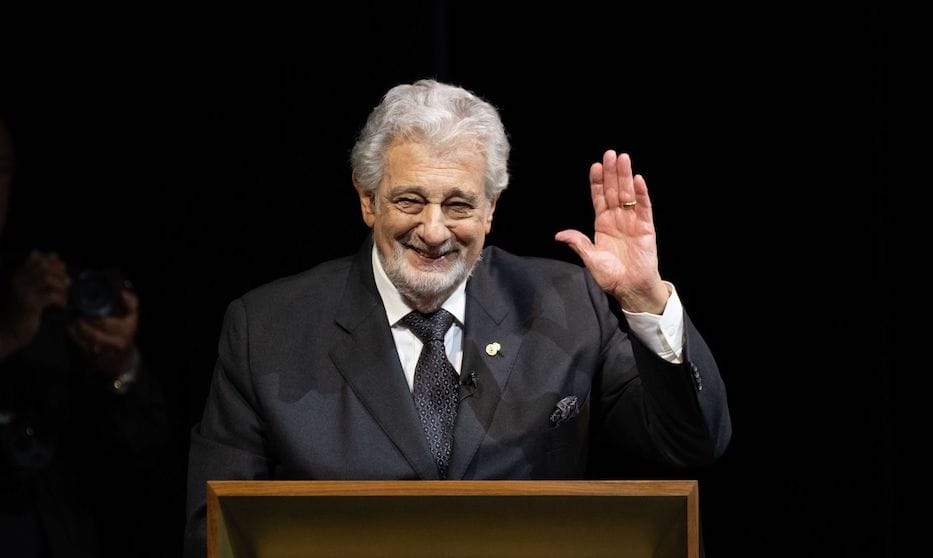
In an exclusive conversation ahead of Operalia’s maiden edition in India, Plácido Domingo speaks to ON Stage about his multifaceted career as an opera singer, conductor and administrator, his biggest musical influences and his prestigious competition which has given many a celebrated name to the world of opera. As they arrive in Mumbai, watch a new generation of opera stars in the making.
ON Stage: Growing up in a family of well-known singers, you were enveloped by all facets of music—not only performances but also the organisational side through the zarzuela company of your parents. How has this early exposure shaped you as an artiste and organiser?
Plácido Domingo: Yes, I was blessed with this fascinating world since birth. I absorbed everything that I was exposed to as a child. I started out working at the concession stand and helping backstage but as I progressed with my piano and music studies, I began to accompany in rehearsals and even performances. I grew to love music, to have passion for the stage and I learned about having discipline. There is no doubt that seeing my parents work tirelessly, to rehearse and present seven or eight performances of different zarzuelas every week, made me want to helm an opera company one day and I eventually managed the Washington National Opera and the LA Opera for several decades. That amount of work and the unforgettable productions, season after season, are some of the most precious memories which have provided great satisfaction in my career.
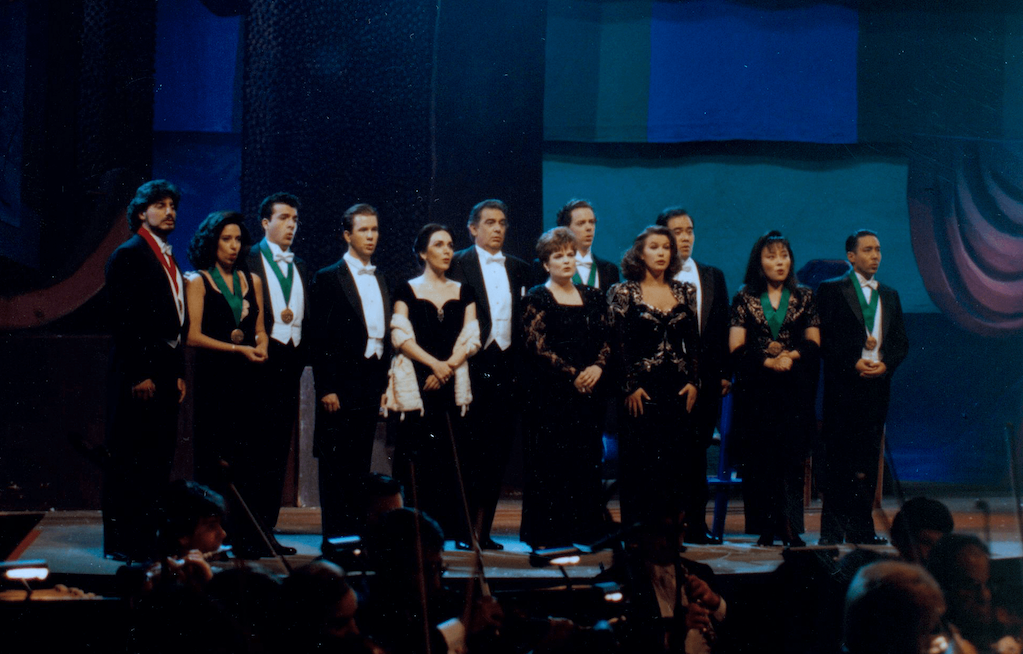
OS: From your parents to your friend Pepe Esteva’s musical gatherings, great composers such as Verdi, and colleagues with whom you have shared the stage, please tell us about the persons who have shaped your musical growth.
PD: My very first mentors were, of course, my parents. In addition to putting me on this path, they taught me that dedication and passion are the pillars of this profession. A dear Mexican baritone friend of ours, Franco Iglesias, who convinced my wife Marta and me to go to Tel Aviv to learn and perform at the Israel National Opera, was also very important to my beginnings. Marta has been the backbone of my entire career, not only as a singer herself but also in preparing every role with the nuance it entailed. She comes from a tremendous culture and has a unique sensitivity. I have had the privilege of working with so many extraordinary artistes throughout my career and I have learned something from every single one. There are too many to mention, but I love all of my colleagues. Verdi will always be my favourite composer.
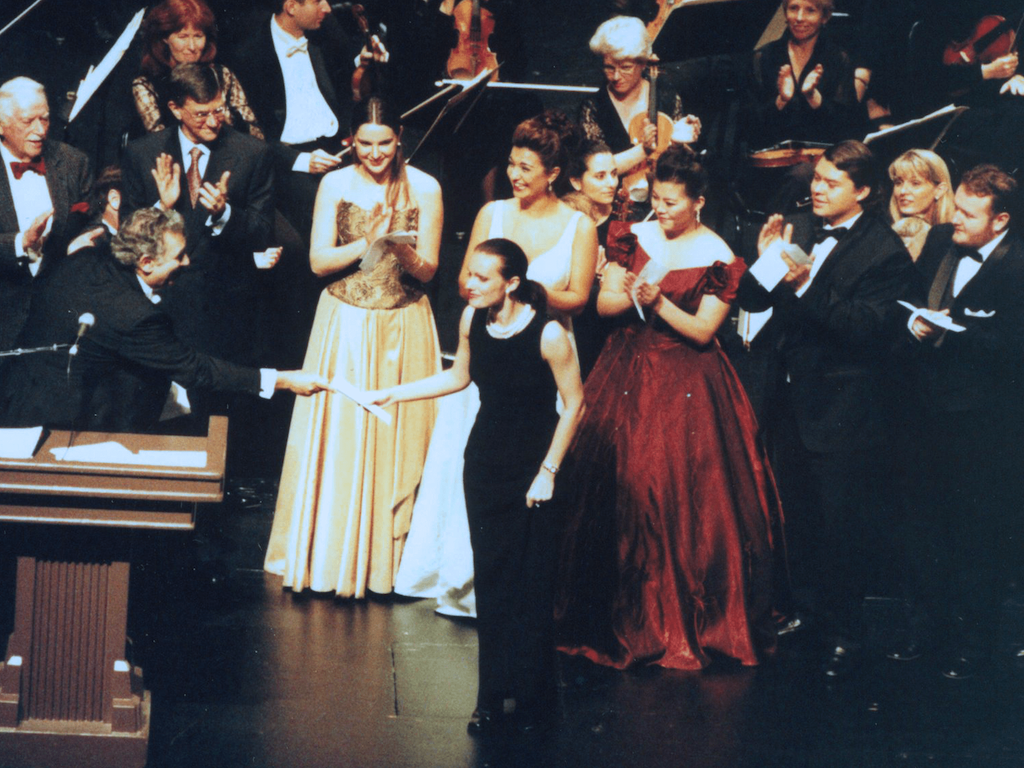
OS: The mention of Verdi brings us to Otello, a role which came to be synonymous with you. What drew you to this tragic hero?
PD: Otello is very special to me. I debuted the role young, in my thirties. I felt the role demanded physical and vocal stamina. I sang the role close to 180 times in many different productions including the film directed by Franco Zeffirelli. I have often been asked about my favourite role and it is always difficult to answer that. The truth is that I was completely engaged with and respectful of any role that I was doing at the moment, but Otello gave me tremendous satisfaction and strength for what was still to come in my career. I sang practically all of Verdi’s tenor repertoire and almost all of his baritone repertoire. All these roles, in the different times they came to me, sat well with my voice and character throughout the decades. I would never sing Iago, though. I would consider it a treason against Otello.
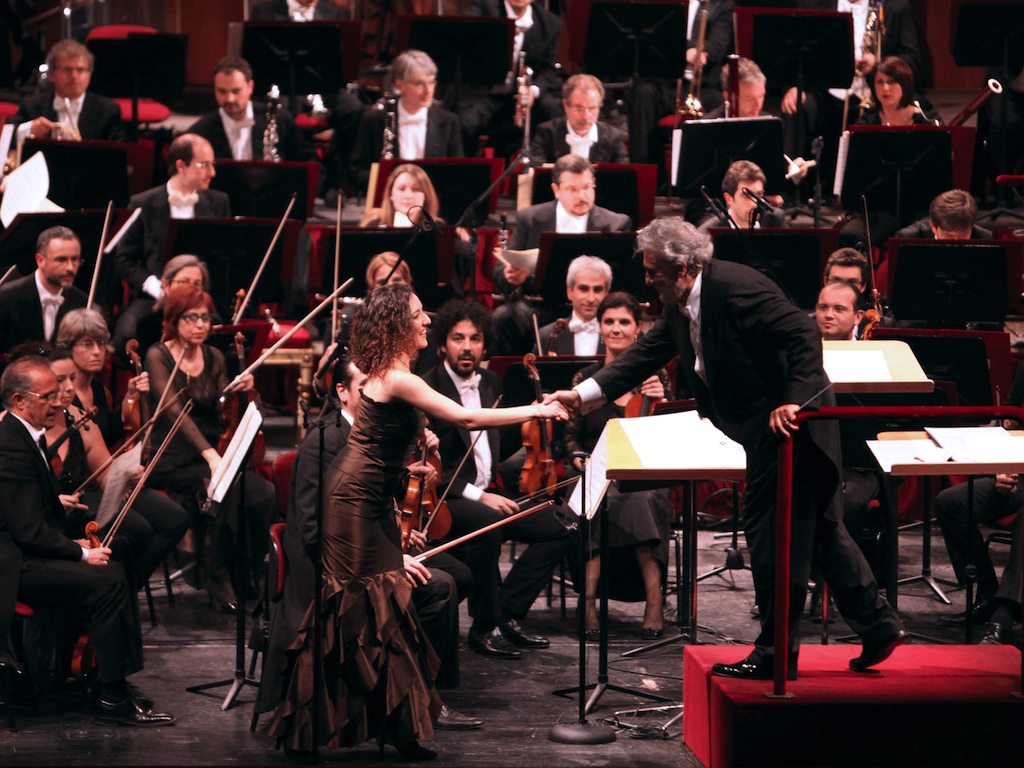
OS: Film and television appearances and “crossover” collaborations have played no small part in your vast career. What led to this openness to embrace diverse genres and media?
PD: I grew up in Mexico and was exposed to rancheras early on. Rancheras are Mexican songs normally performed by a mariachi group. I also heard a lot of music from Central and South America. Living in the United States, popular culture demanded a presence in film and television. My ventures into the classical-crossover realm came early with my first pop album in English, Perhaps Love, my collaboration with the great John Denver. Next came the De Mi Alma Latina (From my Latin Soul) series, then Tangos [Plácido Domingo Sings Tangos] and 100 Years of Mariachi. My voice permitted me to venture into other genres and my curiosity has always been endless. My collaborations with many international popular artistes in the Christmas in Vienna concerts and beyond were great and unique experiences for me.
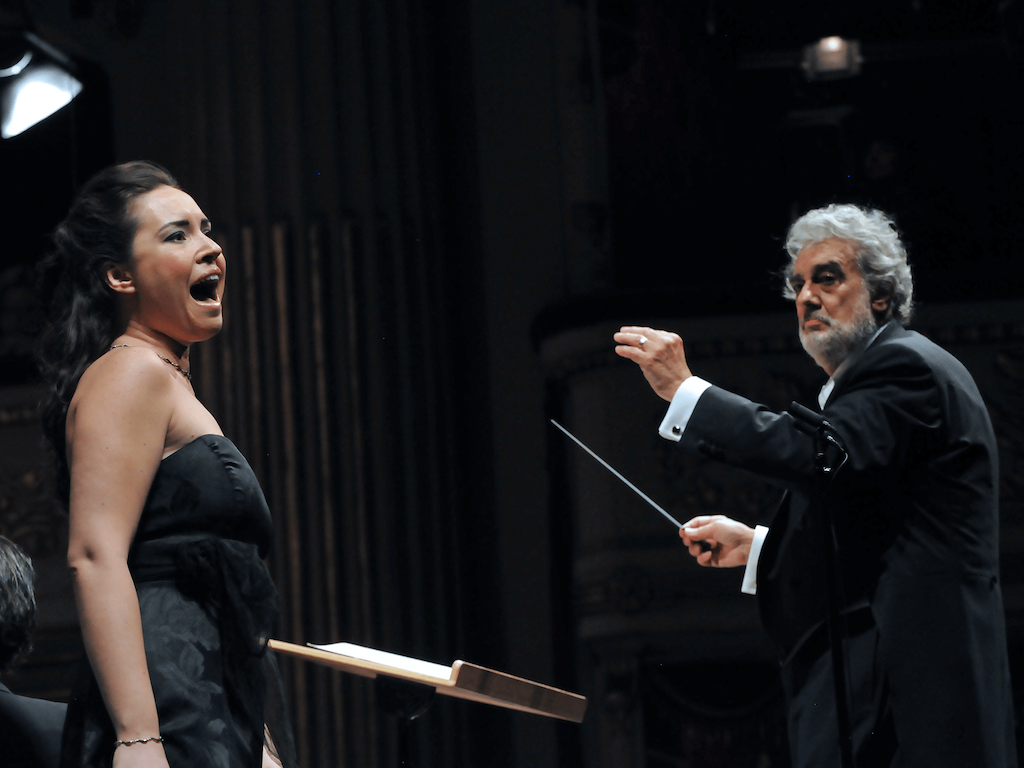
OS: Performances by The Three Tenors under the baton of Maestro Zubin Mehta remain a landmark event in the history of contemporary concerts and the role they played in popularising opera beyond concert halls. One is also reminded of your five Otellos under Maestro Mehta in Vienna in 1987. Could you tell us about your association with Luciano Pavarotti, José Carreras and Maestro Mehta?
PD: That very first concert in Rome in 1990 was a joy! We had so much fun, and I don’t think we ever imagined what it was going to turn into. We did almost 40 other concerts worldwide after that and inspired a new generation of opera enthusiasts. We were still performing on the classical stage then, and we saw that audience evolve. It was very gratifying and just as much fun. We have kept a strong friendship since. In fact, José and I are touring together in Australia in November, with Luciano’s blessing and spirit always present. With Zubin, I will forever hold a strong bond. We have done ample amount of work together, including Otello. It is a beautiful and long collaboration and friendship, and we have deep love and respect for one another.
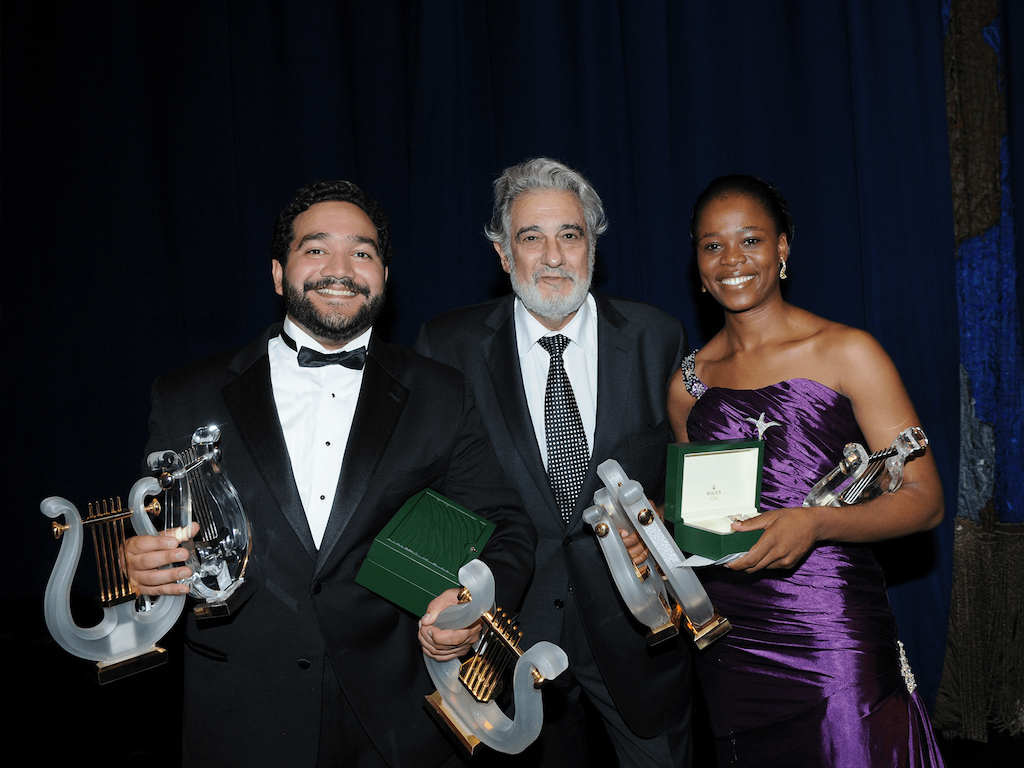
OS: When were the seeds sown of an international voice competition to give a boost to the careers of young opera singers?
PD: As I mentioned it earlier, my wife Marta and I began our careers in Israel. The collaboration with many other young singers from all over the world there, helping one another with repertoire, technique and stage presence made me think of how wonderful it would be to create a programme for young artistes linked to a working theatre and an active opera house. It would be an amazing learning experience and a warm nest for growth within the very industry of opera. I am proud of having created three such programmes in Washington, Los Angeles and Valencia. The concept of celebrating the abilities and progress of these young artistes through a competition came as a natural next step and thus Operalia was born in 1993. I am so happy that we are now celebrating our 31st edition in Mumbai.
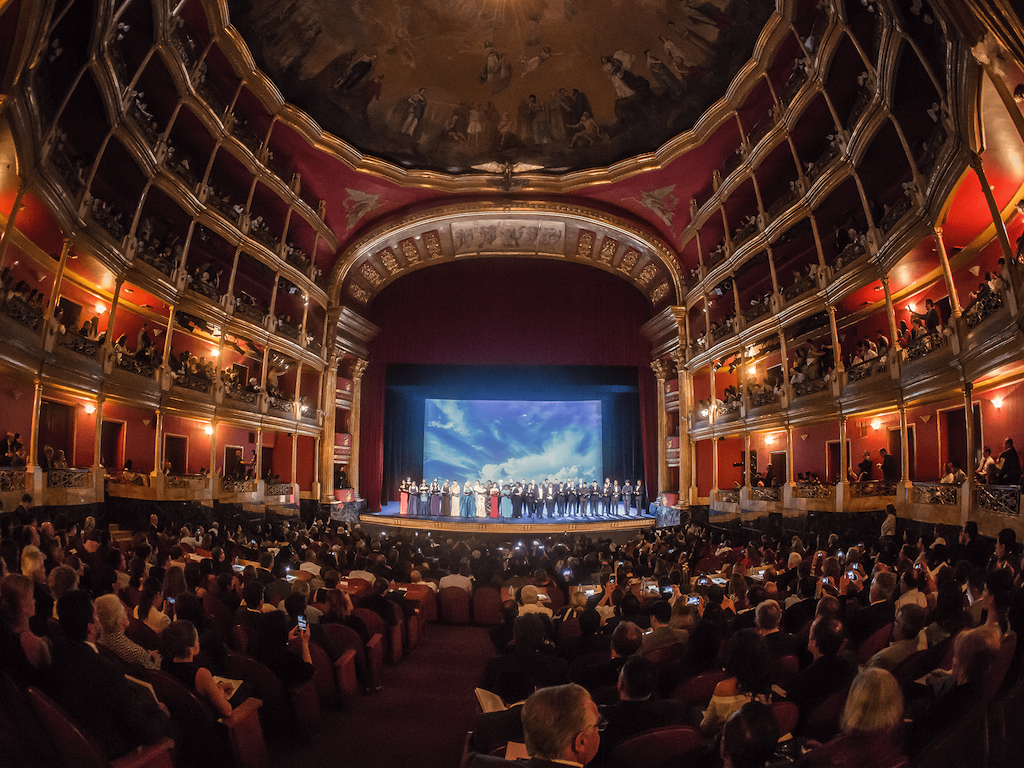
OS: How do you look back on Operalia and the operatic stars to have emerged from the competition?
PD: I am as thrilled as I am ever surprised by the growth in quality and popularity that the competition has amassed through the decades. It is very gratifying to see that in the roster of every strong opera house in the world, there is an Operalia winner or finalist. The competition works and it has accomplished what it set out to do. When a singer walks away with recognition, substantial prize money and a contract to sing in a major opera house, we consider it to be a good year.
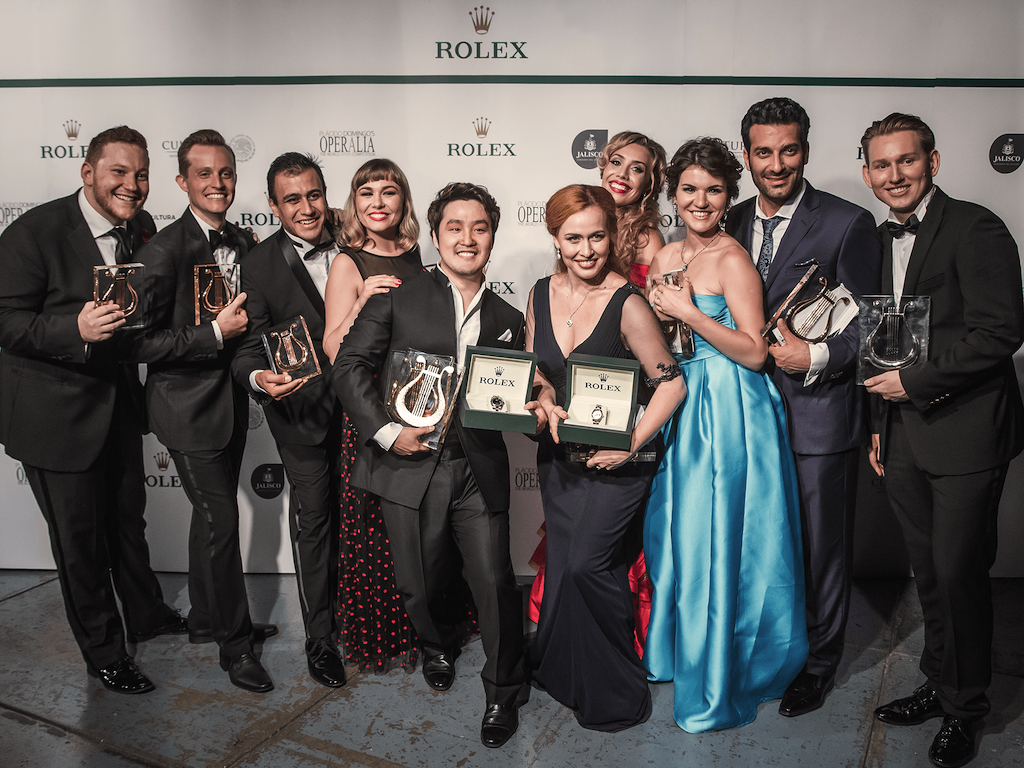
OS: Each edition of Operalia has been held in a new venue and country. What led to your decision to bring the 31st edition to India?
PD: I have to thank Chairman of NCPA Mumbai, Khushroo N. Suntook and his team’s enthusiasm and kind invitation to bring Operalia to his centre for the performing arts. I am only sorry that we had to wait three years since the initial invitation. For me, it is a pleasure to return to Mumbai for the first time since Maestro Zubin Mehta invited me in 2008, when I made my debut singing in a concert in celebration and honour of his father Mehli Mehta’s centennial and his contribution to the classical music scene in India. Our main presenter and partner for over 20 years, Rolex, was also very supportive of the choice of the city and venue. So, here we are!
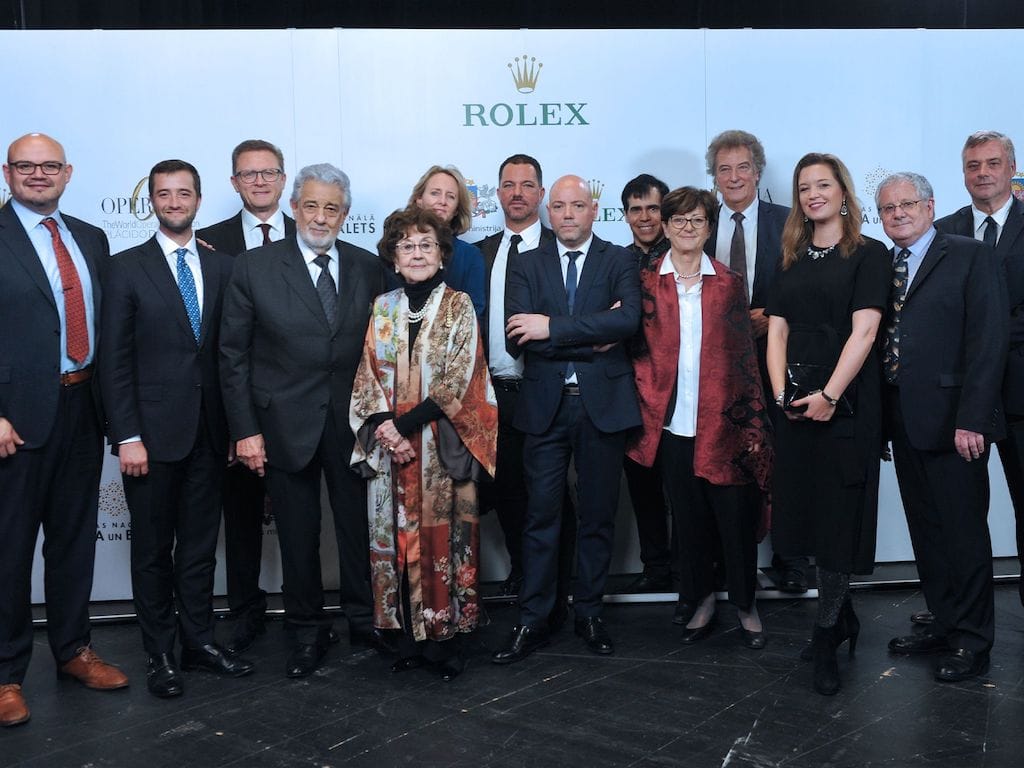
OS: How did you decide on the National Centre for the Performing Arts in Mumbai to be the venue and the Symphony Orchestra of India to be the ensemble for the finale?
PD: I can only reiterate my enthusiasm about collaborating once again with some of the musicians that accompanied me in 2008 and who now grace the chairs of the SOI.
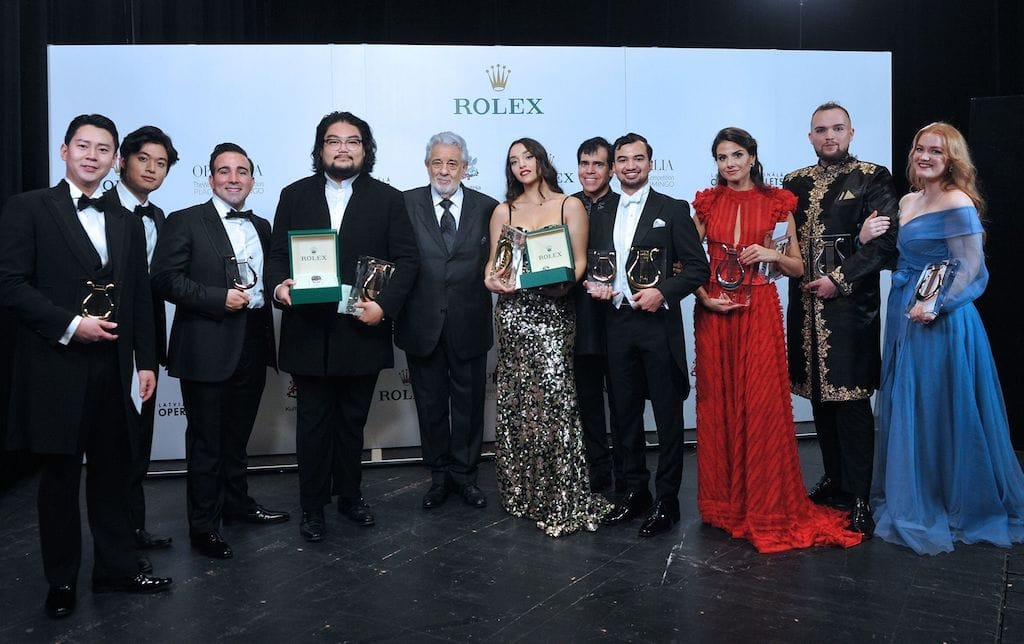
OS: How do you envision the impact of India being the host of Operalia in the years to come?
PD: I hope that our presence here will leave an indelible mark and that it will inspire and encourage a generation of opera voices and an ever-growing operatic tradition in India.
All images have been sourced from https://www.operaliacompetition.org.
This piece was originally published by the National Centre for the Performing Arts, Mumbai, in the September 2024 issue of ON Stage – their monthly arts magazine.






